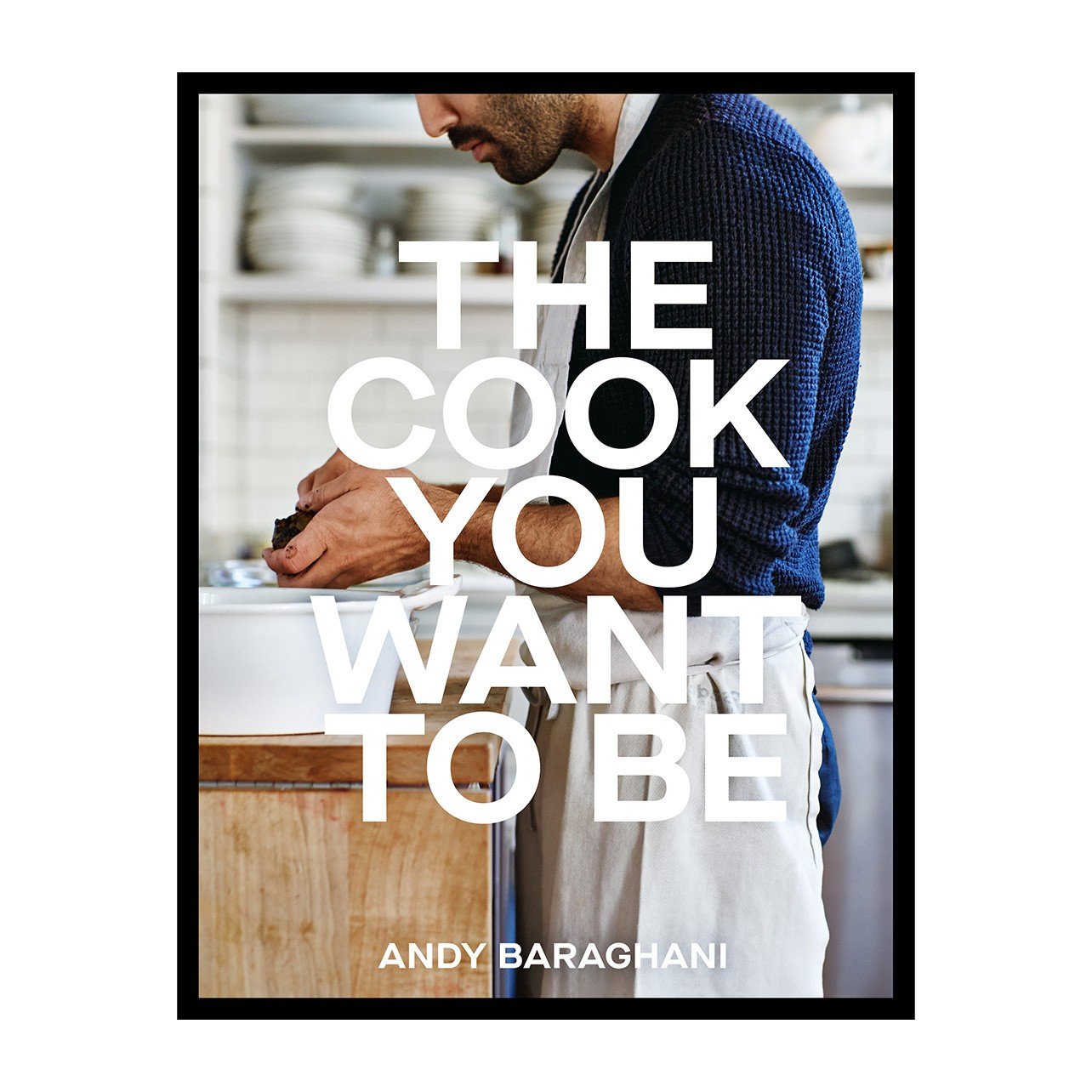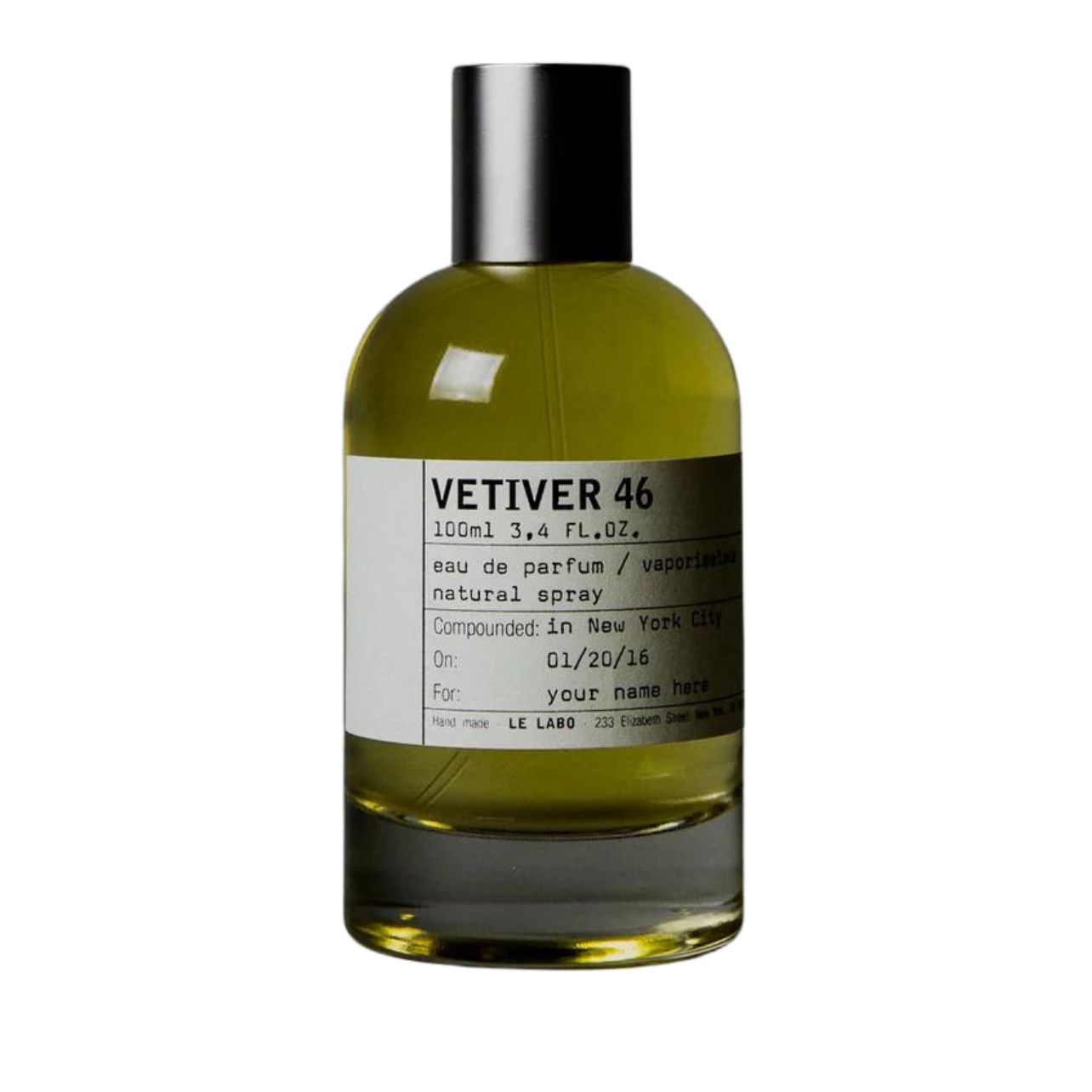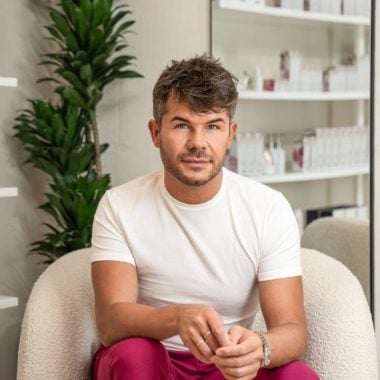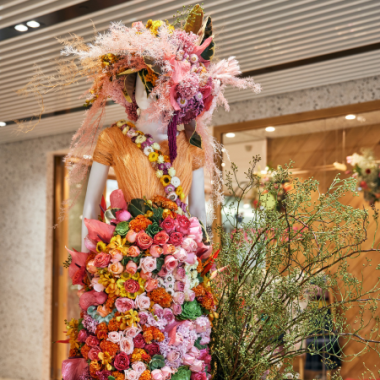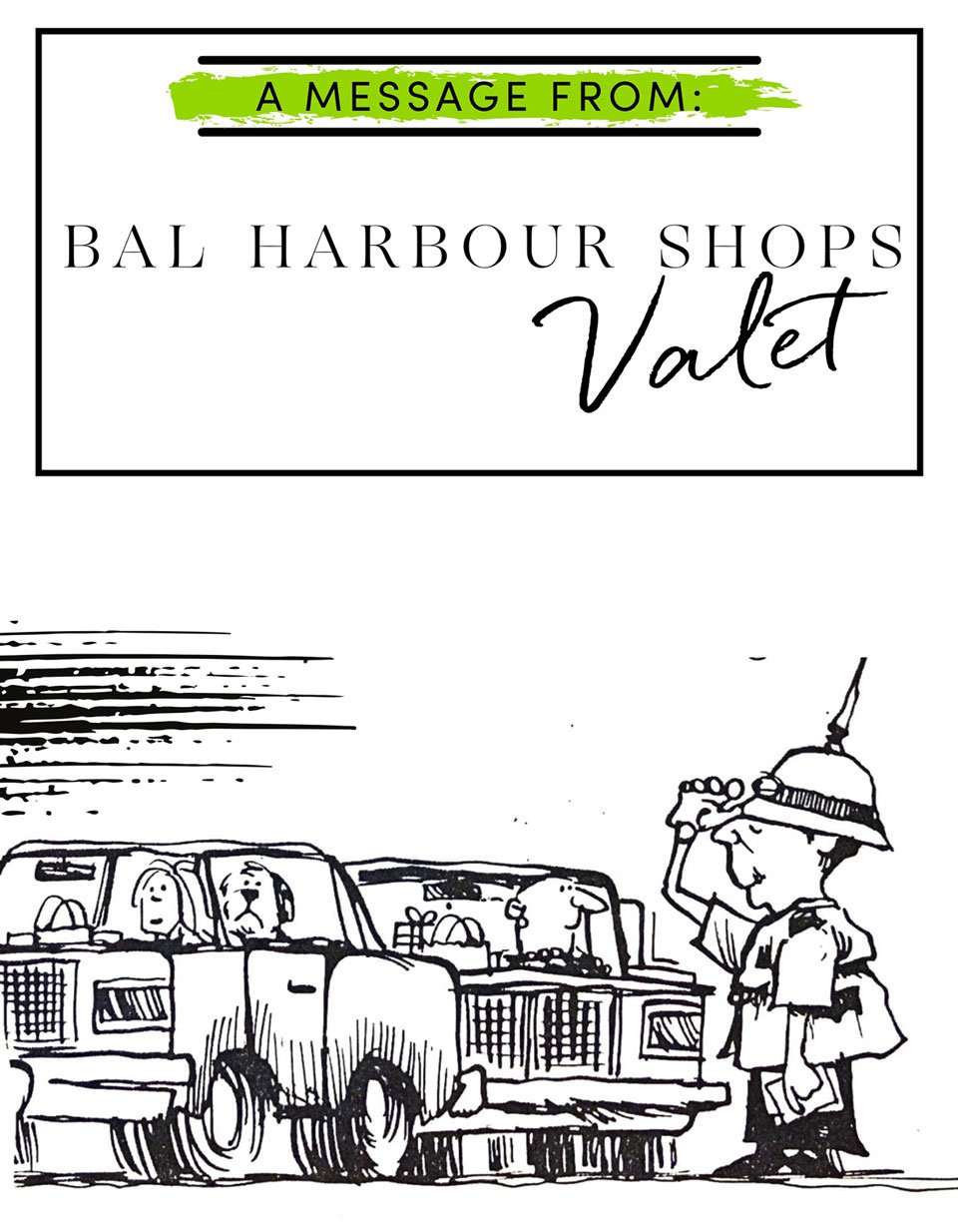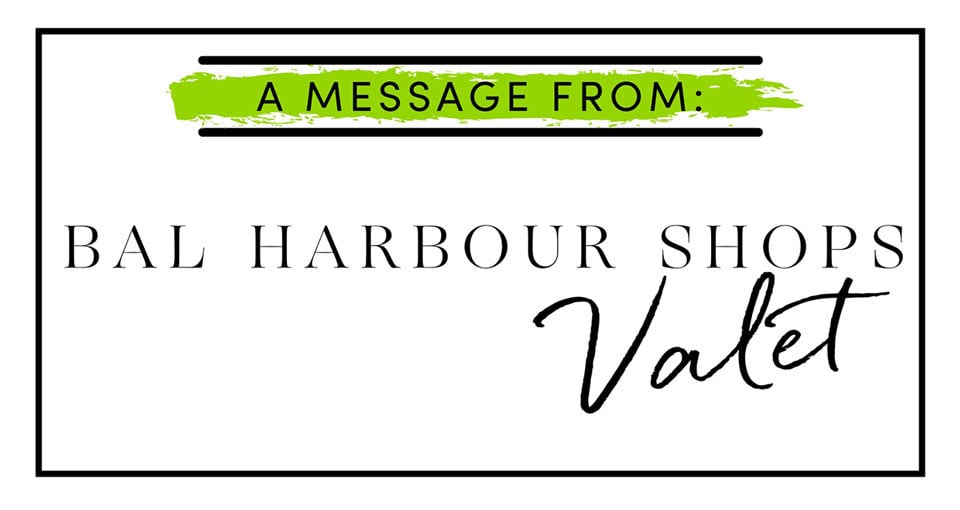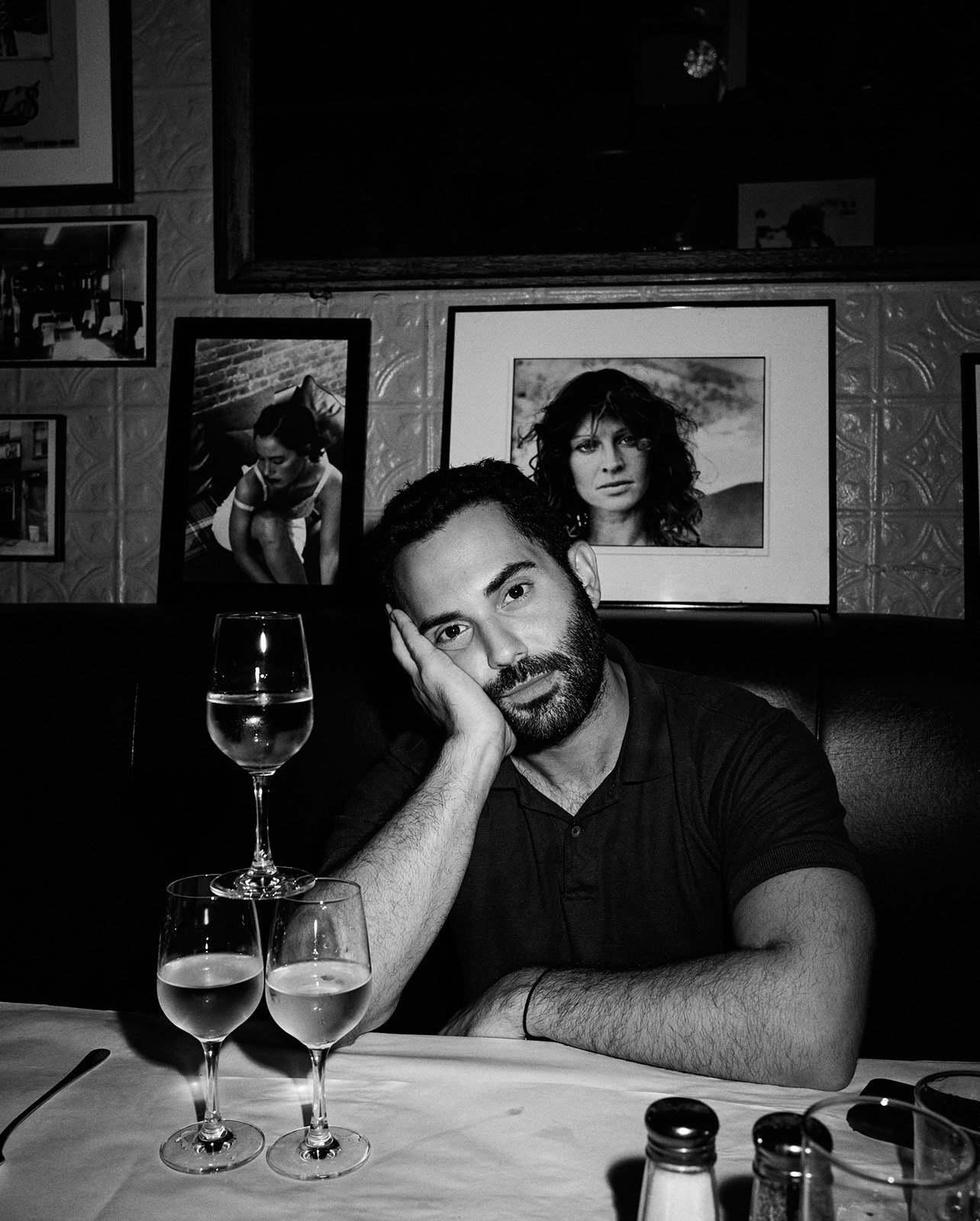
Andy Baraghani
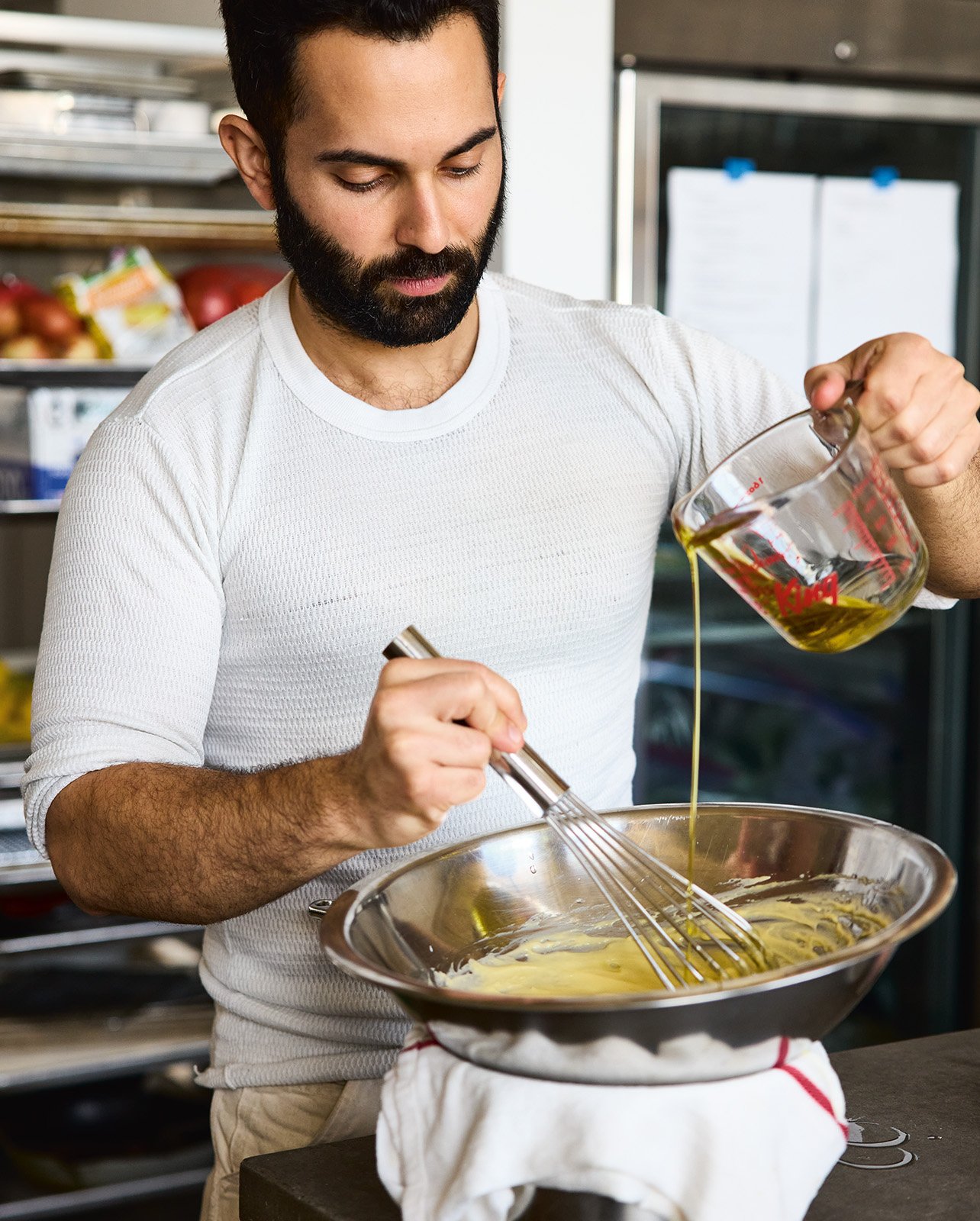
We catch up with Andy Baraghani, the 33-year-old chef and author of “The Cook You Want to Be: Everyday Recipes to Impress,” a New York Times Bestselling cookbook.
What would you say is the hardest part of your job at this point?
At this very moment, I’m so excited to see people at events on tour and I’m so grateful that people are even showing up to dinners and signings. I want to keep the energy up for them—I really, genuinely want to. I think generally the hardest part, but also the most satisfying part, is challenging myself to put myself in vulnerable or curious positions where I want my food to evolve.
Is there any food genre book that really caught your attention when you were younger?
Mine are so specific to where I grew up, in the Bay Area: “Boulevard” “The Greens Cookbook:” and “The Zuni Café Cookbook” were huge for me. But also certain old no-name Chinese cookbooks that I would obsess over. It’s amazing when you look at old cookbooks because they don’t have a lot of photography, whereas now every book seems to need a photo of each recipe.
What is one of the best gifts you’ve received lately?
I think being able to connect with people is a gift. But, for something more tangible, I received a gift from someone who I really admire, Diana Yen. She’s in the food space—I really like her work and she has a great eye. She brought me this goodie bag, almost a wellness bag, with a beautiful pen and paper and some incense. It was such a nice reminder to write your thoughts down and take some time for yourself.
Who has had the greatest impact on your career?
My mom has had a big influence on my cooking, for sure. When I look at my career, I think that the people who have inspired me are Cal Peternell, David Tanis and obviously Alice Waters, Beth Wells and Ignacio Mattos. These are restaurant chefs who had an influence on my cooking. But then I also think of my partner; he was a fashion editor and ended up going to digital when no one was doing that. He’s constantly evolving and curious, and while at this point he has his understanding of his likes and dislikes, I admire him because he is open to that kind of good tension. But if I have to choose a specific individual, I will give it to my mother, because she was the person who gave me the kitchen. She brought me in.
Who do you consider some of your culinary heroes?
David Tanis for sure. He is a wizard and has a way in the kitchen that I think is so beautiful. Ignacio Mattos, who basically said I had to forget everything I had learned prior to working in his restaurant, Estela, and it completely changed the way I approach the kitchen. There are so many people who inspire me, especially my contemporaries. DeVonn Francis of Yardi, who is the closest person I have to a son, and Susan Kim of Doshi—these are people who I think are incredible, thoughtful cooks. Pierce Abernathy, who has been a big part of the younger generation’s digital front. I’m really impressed by what he’s doing. And I think Sofia Roe is exquisite in everything she does.
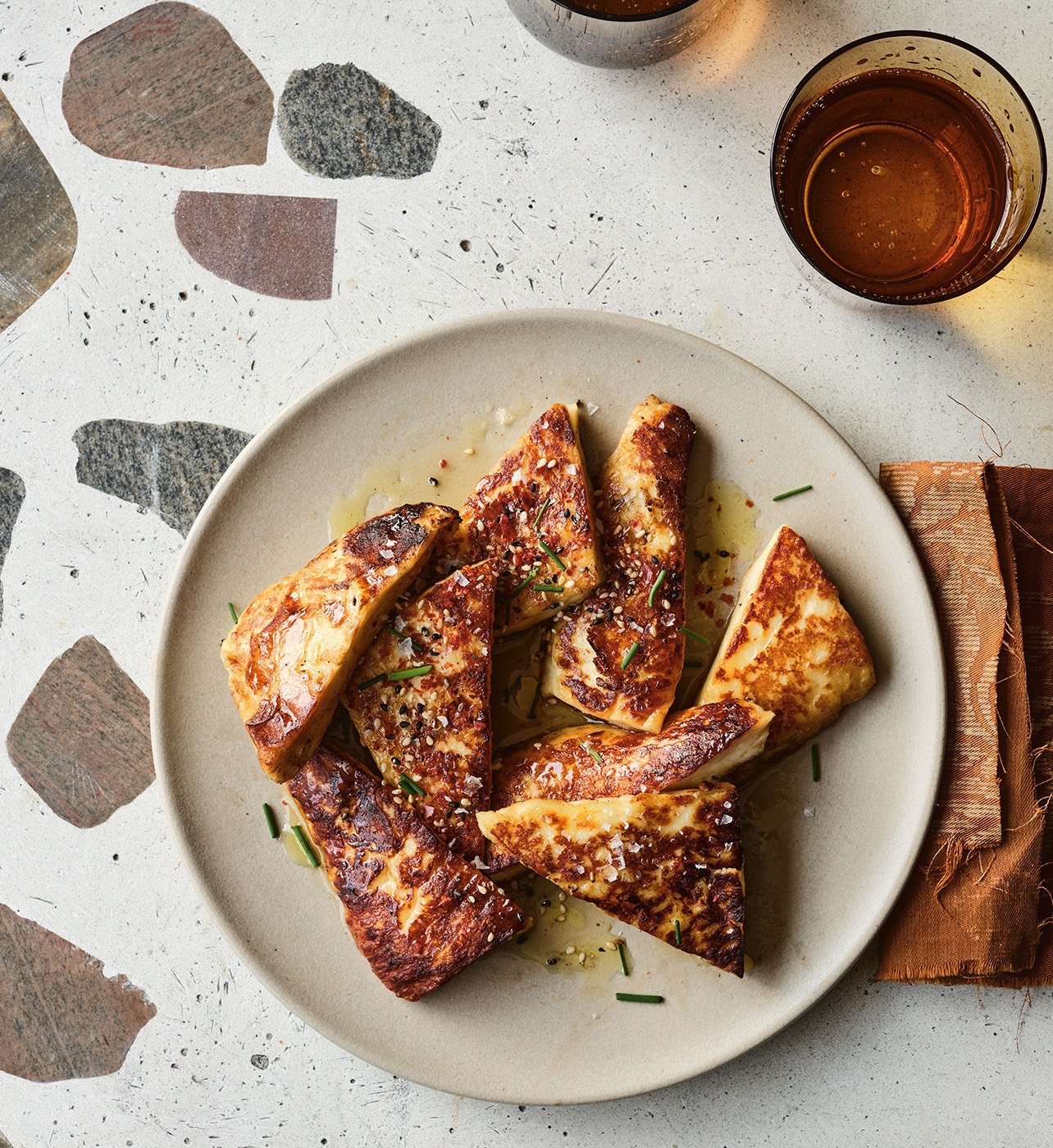
Baraghani’s Halloumi with lemony honey and sesame salt, from his new cookbook.
Something you collect?
I collect mortar and pestle sets. I probably have about 12 from all over the world: Vietnam, Thailand, ones made out of different stones and woods, some that are very, very big and two that are very tiny for grinding out saffron threads. I started collecting these when I was a teenager. I would like to give myself credit and think that I chose the mortar and pestle because it is really the earliest cooking tool for breaking an ingredient down. It’s still a big part of my philosophy about how you don’t need too many tools.
One thing everyone can get rid of in their kitchen?
A lot of their knives. You really only need three knives: a chef’s knife—your all-purpose knife—a paring knife for smaller tasks like coring a tomato and a serrated bread knife.
A scent that’s totally ingrained in your memory?
Vetiver—I think even when I was young, it felt very wild. There were a lot of scents around me growing up, and not just food related. I remember being drawn to that one. In the kitchen, I love the aroma of Persian rice, which is basmati rice that’s been buttered and soaked in saffron water. That’s a very specific smell that I’ll never forget. Also, onions and turmeric cooking together, and really fresh sour dairy.
What are a few key elements when preparing for a dinner party at home?
It’s good to give people tasks. I’m going to be in the kitchen, and I will have a handle on it, but it’s good to give people tasks to keep them out of the kitchen. You definitely need to have a soundtrack and I think a tablecloth always makes it dreamier. Also, a nice contrast, whether it’s striped or patterned or just different colored linen napkins. Those are the little things that I think make a big difference.
What is one thing we should all do more of at a restaurant?
Order a dish that you likely would not have ordered. If you’re drawn to a salad or a fried chicken sandwich it’s like, okay, why don’t you try the crazy random side dish? Because the worst thing that could happen is that you might not like it. That’s maybe a 10, 15 or 20 dollar investment, and either way you will have learned something about that dish, that ingredient, something you like or something you don’t, and then you go on.

